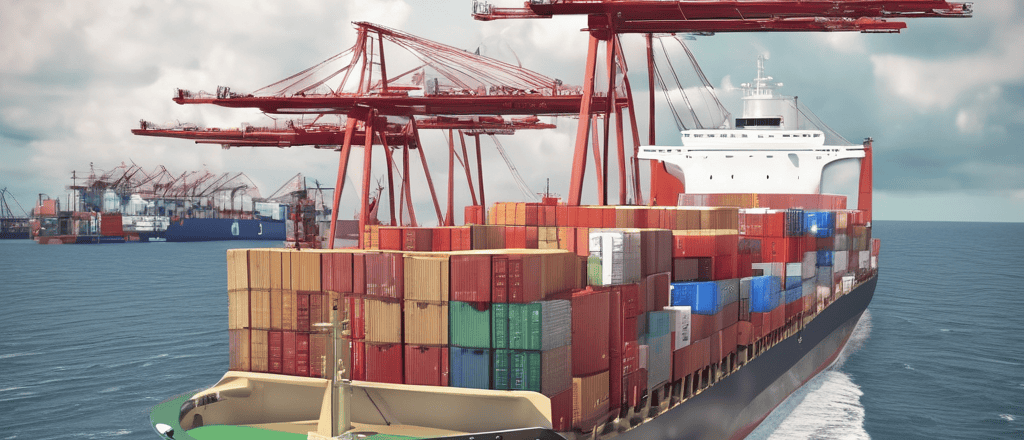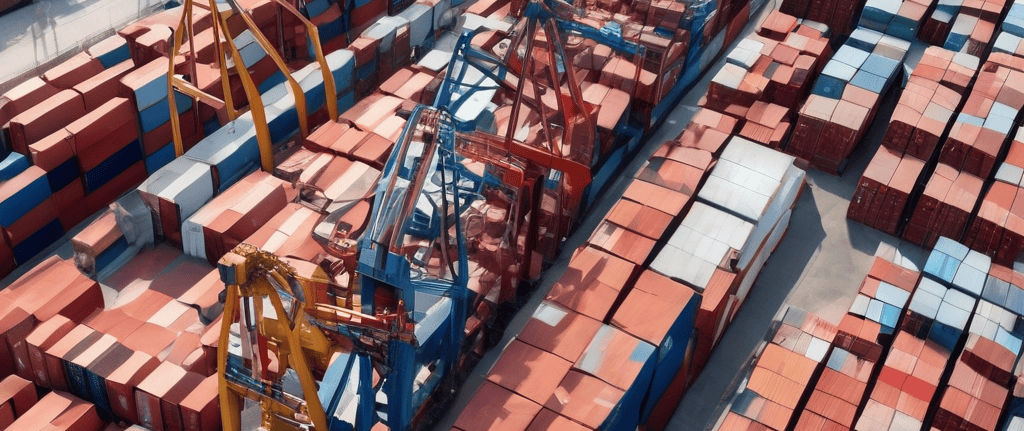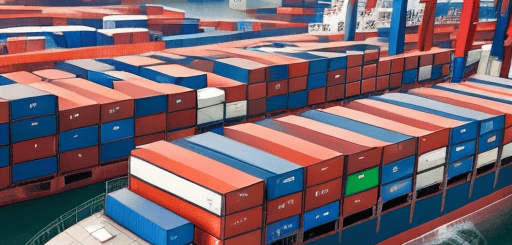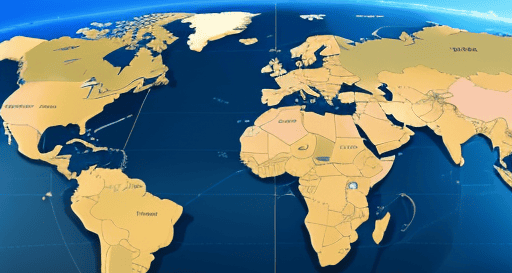Trade sanctions play a prominent role in international relations as a means to influence the behavior of targeted countries. They aim to exert economic pressure and promote policy changes. However, the impact of trade sanctions extends beyond the targeted countries, affecting global trade, financial systems, and geopolitical dynamics. It is essential for policymakers to carefully consider the potential consequences and effectiveness of trade sanctions in achieving their objectives while minimizing unintended harm.
Understanding Trade Sanctions
Trade sanctions refer to the imposition of restrictions or penalties on trade between countries. They can take various forms, including import or export bans, embargoes, tariffs, quotas, or financial restrictions. Sanctions are typically implemented by one or multiple countries to express displeasure, promote policy changes, or address concerns regarding the target country's actions or policies.
Role of Trade Sanctions
The primary role of trade sanctions is to exert economic pressure on targeted countries. They aim to influence the behavior of the sanctioned country by imposing costs and limiting its access to international markets, resources, and technology. Sanctions are often used as a diplomatic tool to discourage undesirable actions such as human rights abuses, nuclear proliferation, terrorism support, or aggression towards other nations.
Impact on Targeted Countries
Trade sanctions can have significant economic and social impacts on the targeted countries. Restricted access to international markets and financial systems can hinder their economic growth, disrupt supply chains, and limit foreign investment. Sanctions may also lead to higher import costs, scarcity of goods, inflation, and unemployment, affecting the livelihoods of ordinary citizens.
For example, the economic sanctions imposed on Iran by the United States and other countries had a substantial impact on Iran's economy. The International Monetary Fund (IMF) reported that Iran's real GDP growth rate declined from 3.8% in 2017 to -6.8% in 2019, partly due to the impact of sanctions.
Global Trade and Financial Effects
Trade sanctions can also have broader implications for global trade and financial systems. The imposition of sanctions can disrupt supply chains, affect multinational companies' operations, and create uncertainty in international markets. Financial sanctions may restrict access to the global banking system, impede cross-border transactions, and affect the stability of the global financial system.
According to a report by the United Nations Conference on Trade and Development (UNCTAD), global foreign direct investment (FDI) flows to countries under sanctions decreased by 31% in 2019. This indicates the significant impact of sanctions on investment patterns and international economic relationships.
Efficacy and Unintended Consequences
Assessing the efficacy of trade sanctions is complex. While they can achieve desired outcomes in some cases, their effectiveness depends on factors such as the targeted country's resilience, the nature of the sanctions, global economic dynamics, and the level of international support for the measures. Sanctions may also have unintended consequences, including humanitarian crises, illicit trade, or shifts in geopolitical alliances.
Related Information















































































